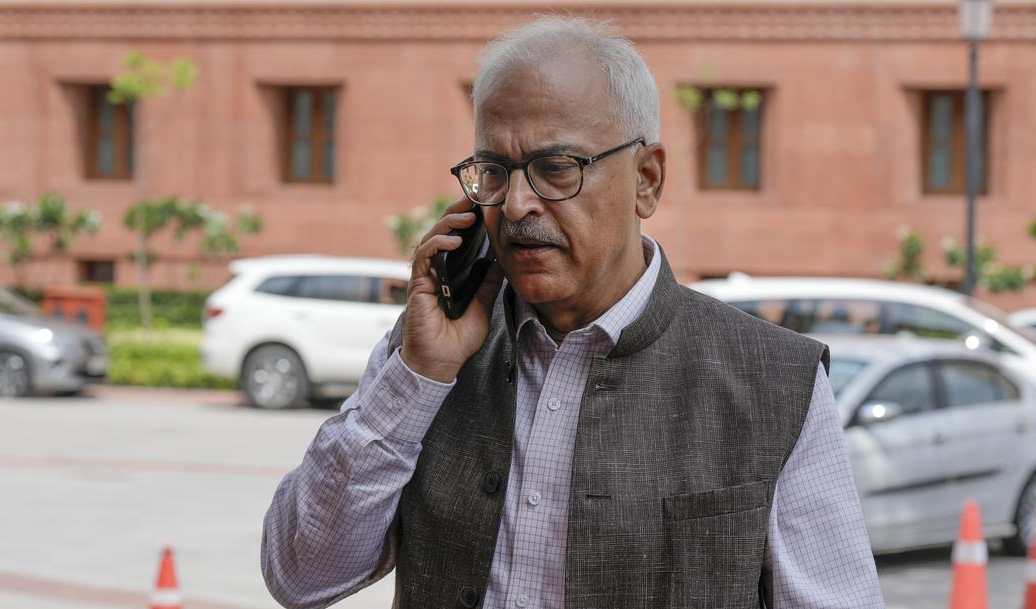New Delhi, Aug 24: A parliamentary panel on Thursday began examining the three bills that seek to replace the Indian Penal Code (IPC), Criminal Procedure Code (CrPC) and the Evidence Act, with Union Home Secretary Ajay Bhalla making a detailed presentation on various aspects of the proposed legislation.
Opposition members raised a range of issues, with DMK’s Dayanidhi Maran alleging that Hindi names given to the bills are violative of Article 348 of the Constitution and seeking consultations with stakeholders like states, judges and bar associations from across the country, sources said.
They added that Maran submitted a letter listing his objections and demands, including giving English names to the bills, to the Standing Committee on Home Affairs Chairperson Brijlal, a BJP MP and former IPS officer.
Many members, including from the BJP, praised the thrust of the bill. Sources said BJP MP Dilip Ghosh alleged that in a state like West Bengal, even serious cases are not registered at times and called for measures to ensure that victims are given justice.
TMC member Derek O’Brien asked why the new bills were brought in as the existing laws could have been amended as well. Congress member Digvijay Singh said the committee should not rush in preparing its report and take time to do a thorough job.
Opposition members also supported Maran’s contentions.
Bhalla’s presentation highlighted the main features of the three bills, including the removal of sedition as an offence and proposing stringent measures for crimes against children. He noted that views were gathered from a wide range of sources, ranging from chief ministers, judges, governors and MPs before the bills were introduced.
Home Minister Amit Shah had introduced the three bills — the Bharatiya Nyaya Sanhita, Bharatiya Nagarik Suraksha Sanhita and the Bharatiya Sakshya Bill — in the Lok Sabha during Parliament’s Monsoon session. The House had referred them to the standing committee.
Rajya Sabha Chairperson Jagdeep Dhankhar had on August 18 formally sent the bills to the committee and asked it to submit its report in three months, in time for the government to table the updated bills in the next session of Parliament.
Bhalla’s presentation will continue for two more days — Friday and Saturday.
Sources said the committee will meet on September 11 and 12 as it seeks to speed up its work and elicit the views of various domain experts. The home secretary is likely to be present on the two days as well.
In his letter, Maran said the connecting language of all states is English and unless all stakeholders know the name of the proposed laws in this “common language” their implementation will be difficult.
“Hindi cannot be imposed through these bills in non-Hindi speaking states like Tamil Nadu and I strongly object to usage of Hindi titles and also text inside the three Bills,” the DMK member said.
While introducing the bills, Shah had said these would transform India’s criminal justice system and added the changes were done to provide speedy justice and create a legal system that caters to the contemporary needs and aspirations of the people.
He had described the existing laws, all enacted in the 19th century during British rule, as a colonial legacy meant to protect the rulers and not the people.
The standing committee, sources said, did not adopt its draft report on “‘Prison-Conditions, Infrastructure and Reforms” as scheduled. (Agencies)
Trending Now
E-Paper


